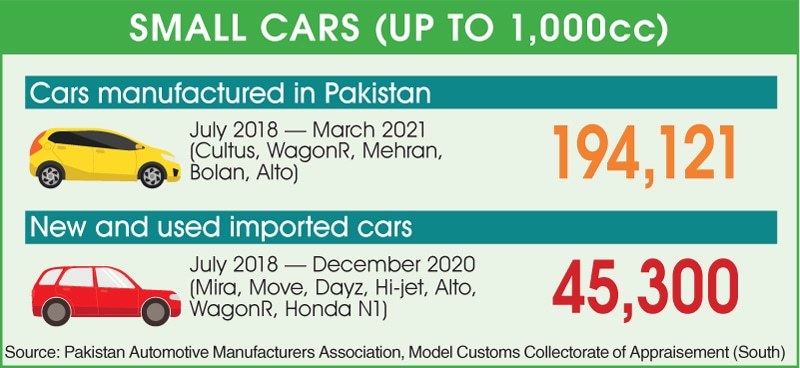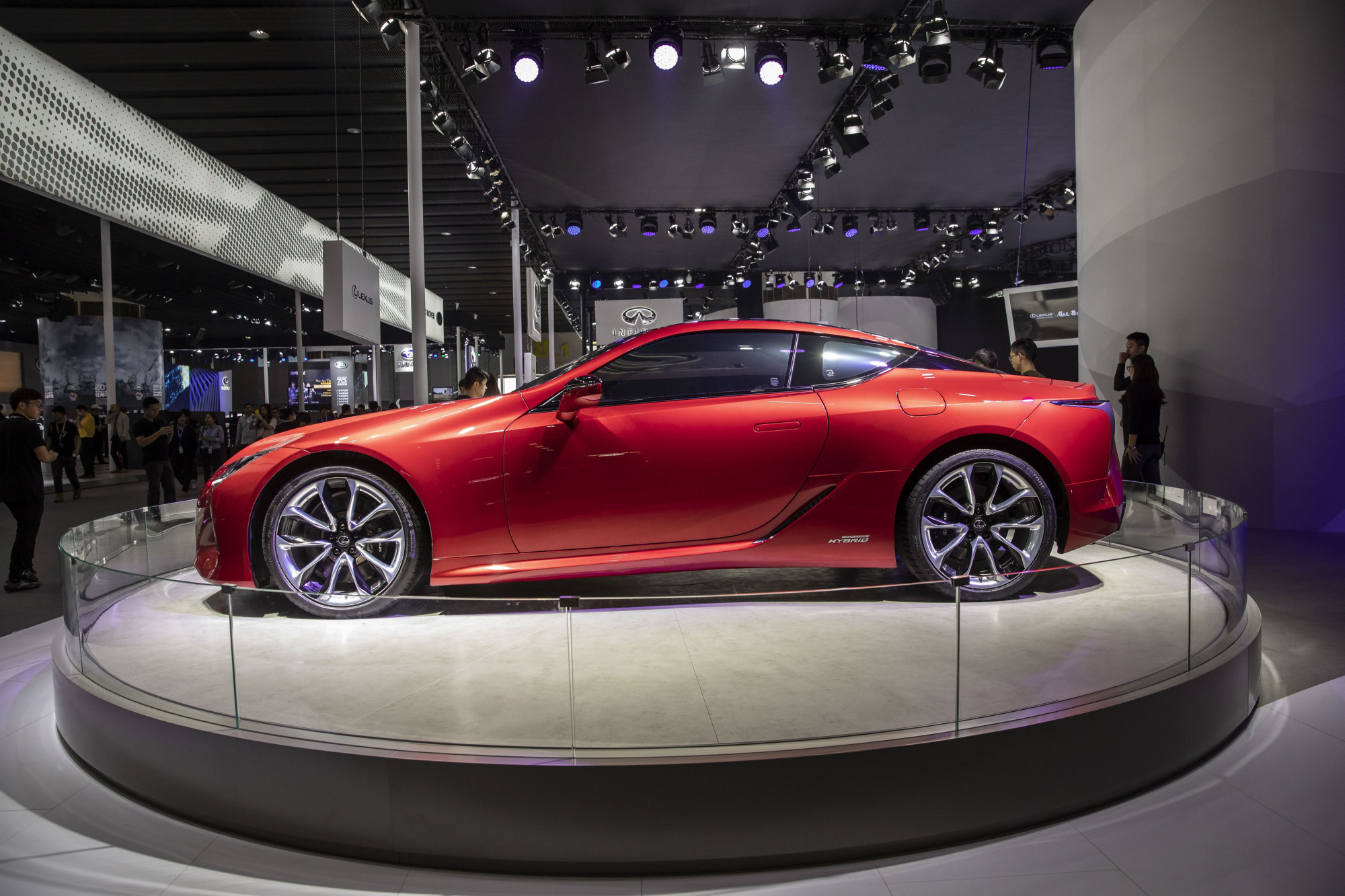The Auto Policy 2016-2021 will end on June 30, 2021, but there is no discussion on rolling out small 800cc or below cars by any new international entrants who are more inclined towards introducing sports utility vehicles (SUVs) and high engine power models under duty concessions.
Moreover, the international carmakers show no signs of starting a Greenfield project for manufacturing 800cc or below vehicles needed by the masses.
Under the Auto Policy 2016-2021, Pakistan attracted over one billion dollars in investment from new entrants — mainly from Korea and China.

2016-2021 auto policy mainly focused on bringing competition that would result in reduction of car prices especially for the middle-class population of the country.
Even after five years, there is not a single entry level car of below 800cc by any international brand of repute where simultaneously the auto market has been flooded with SUVs and high-end passenger cars.
Under the 2016-21 policy, new entrants are allowed import of parts at the concessionary custom duty of just 10 percent, while old manufacturers are importing these parts at 30pc custom duty.
Chairman of the Pakistan Association of Automotive Parts and Accessories Manufacturers (Paapam) Abdul Rehman Aizaz said the assembly of SUVs is an easy option for new entrants.
“They have been allowed to import most of its parts at a concessionary rate of duty due to a thin ‘A max part list’ of this segment, assemble the vehicle and sell these in the market easily which is already booming because of low-interest rates and a high demand from consumers.”
The Paapam chairman explained.
“Actually the auto policy of 2016-21 has resulted in a price benefit for high-end consumers of SUVs and passenger cars.”
He added.
Concessions on import duty provided in the 2016-21 policy would continue till June 2026. These concessions have resulted in subsidisation of import, loss of revenue to the government, employment generation in a foreign country instead of Pakistan, loss of GDP to the country etc, he lamented.
Without any doubt the 2016-21 policy, especially in the case of new assemblers, resulted in a slowdown of localization and loss of business to auto part manufacturers who are key stakeholders in the automobile value chain and where the bulk of the employment is generated, he added.
In the new Auto Policy 2021-26, there are indications that duties on completely built-up (CBU) and completely knocked-down (CKD) will be reduced across all segments of passenger cars and SUVs. Reduction in CBU and CKD would once again result in subsidizing the imports and that too mostly in the luxury cars and SUV segment.
“Before finalization, there is a need that all proposals shall be deliberated in detail with ample time and opportunity to discuss the pros and cons and come up with a policy that will support the make in Pakistan vision of the Prime Minister.”
Mr Aizaz summed up.
Shankar Talreja at Topline Securities said there has been a global shift towards SUVs and that trend with auto policy 2016-21 has become more affordable for consumers as well.










